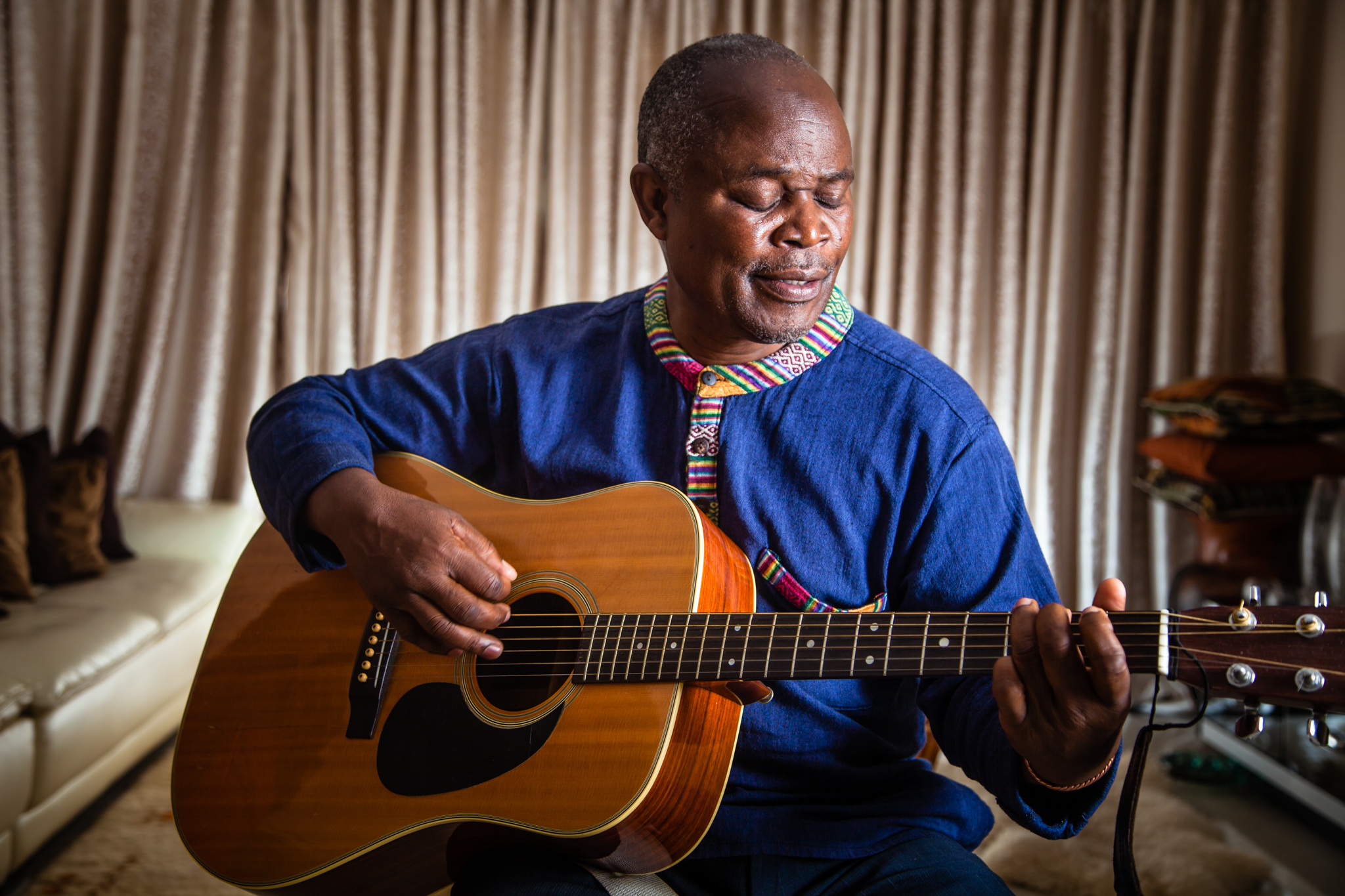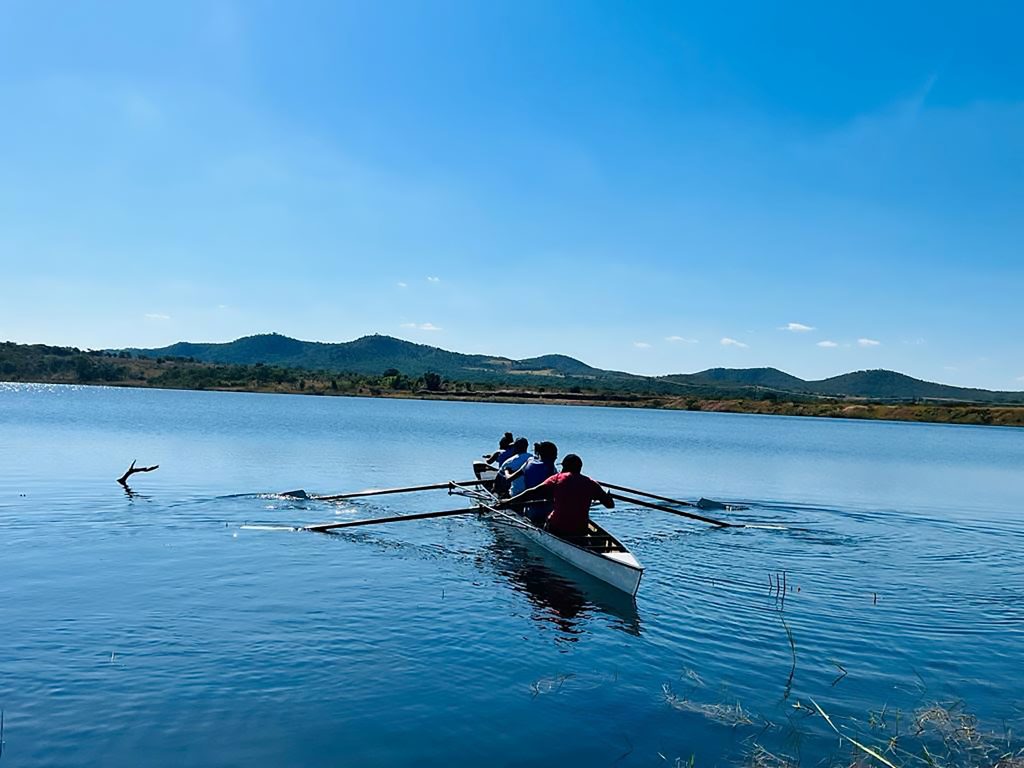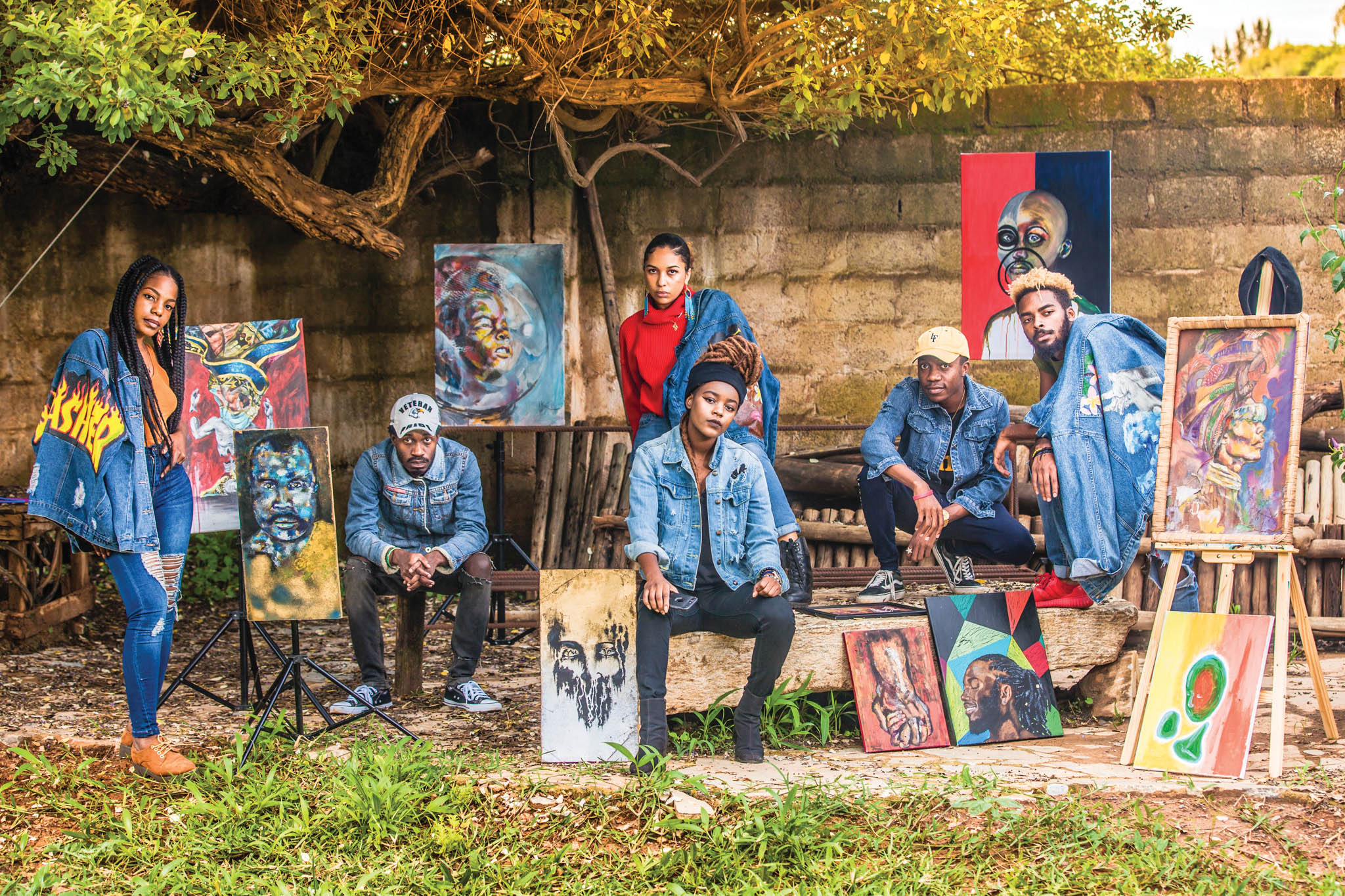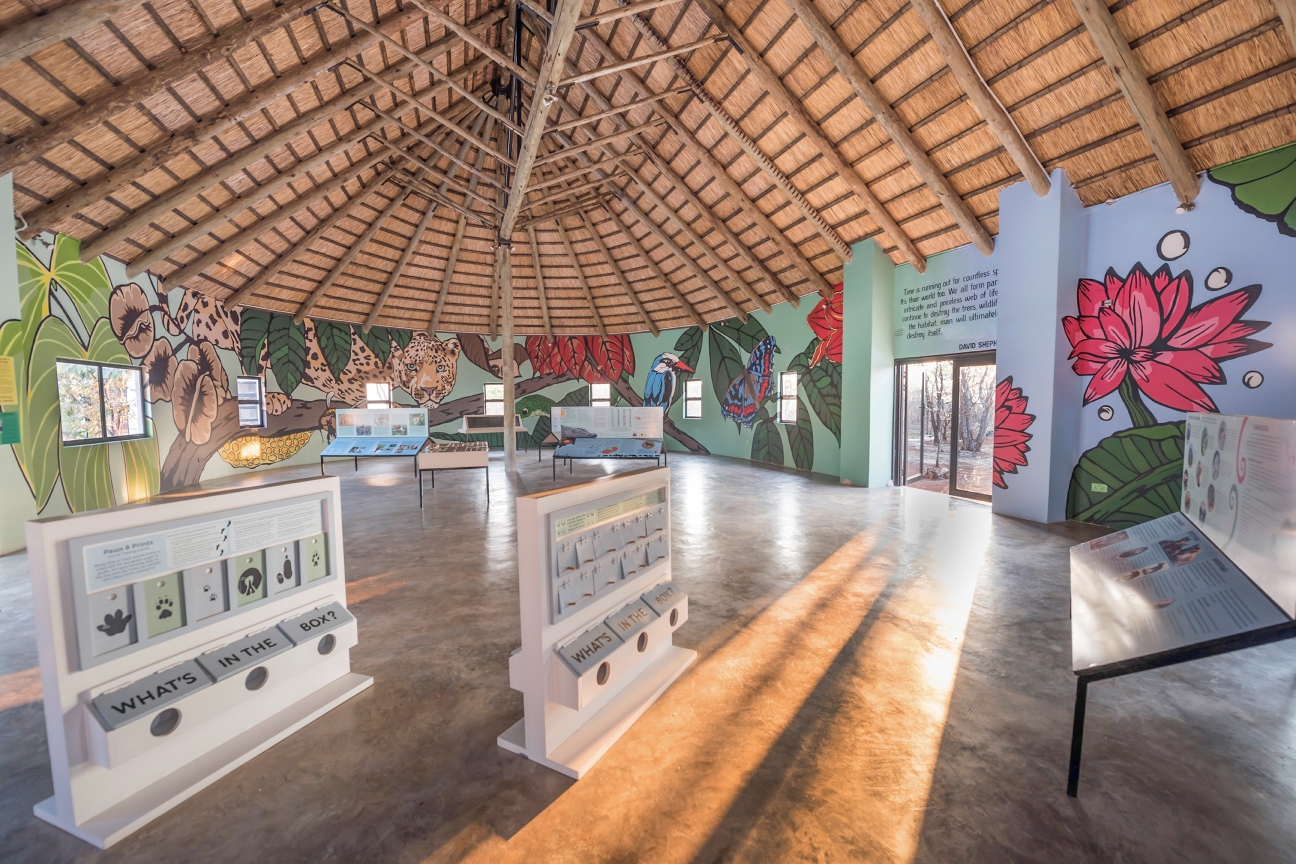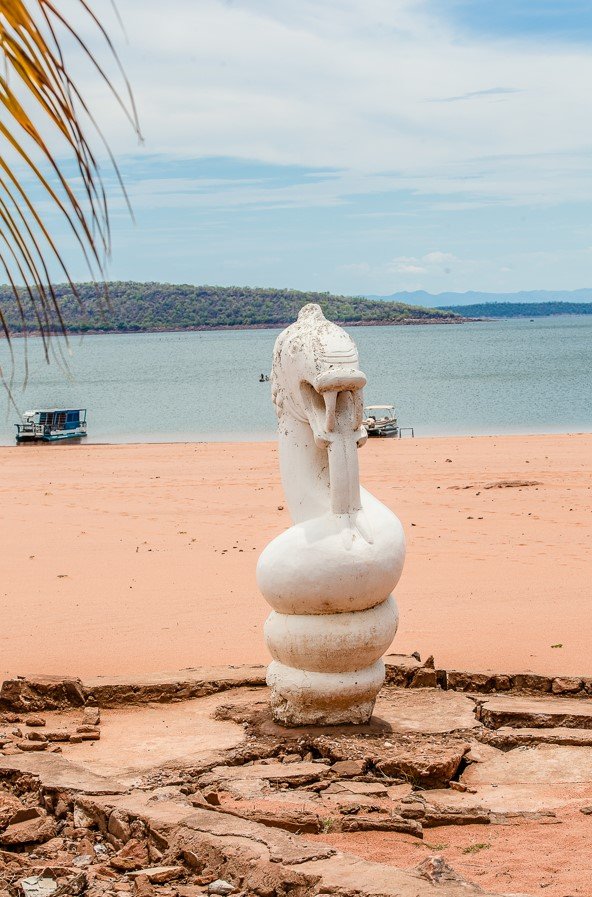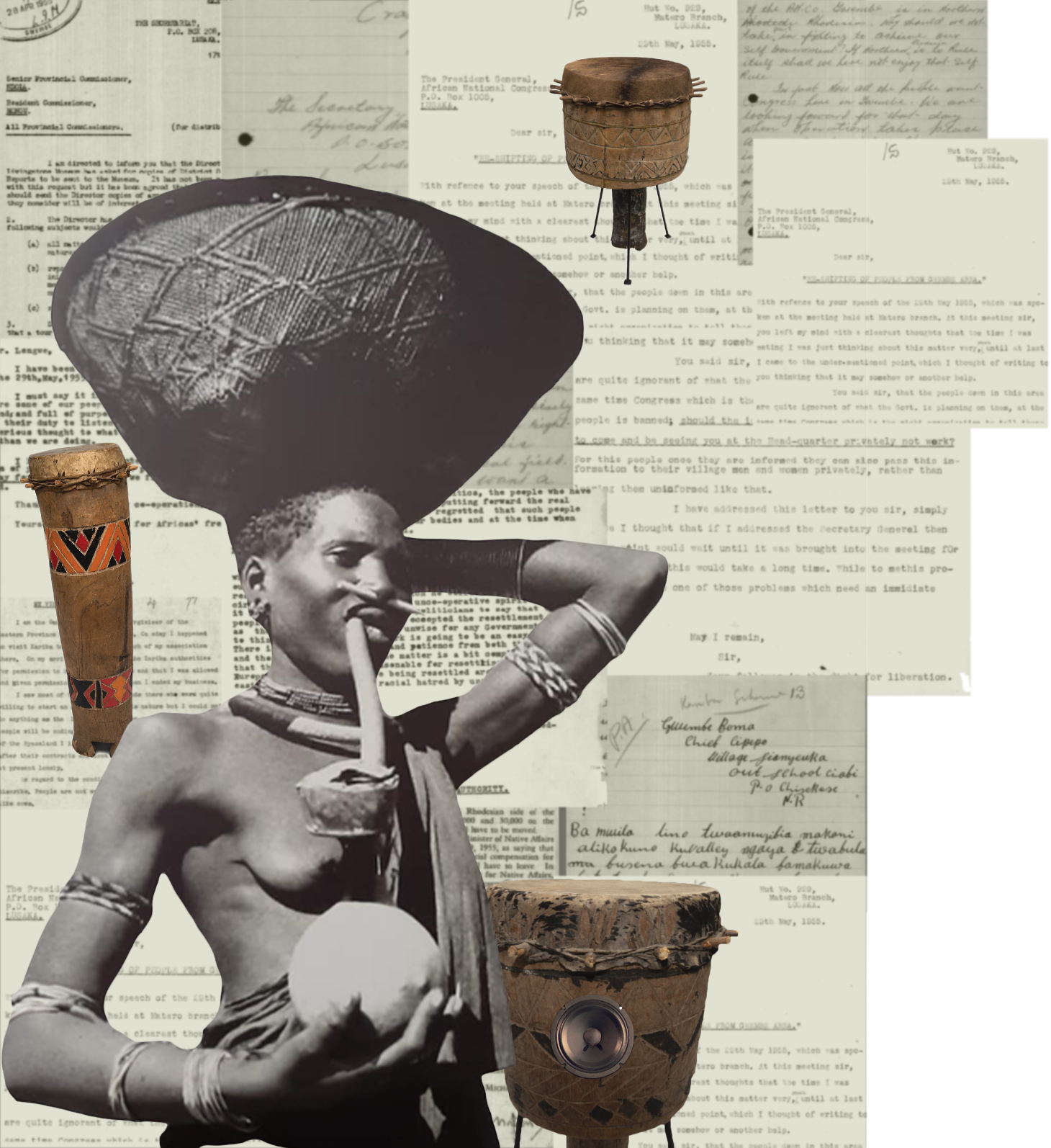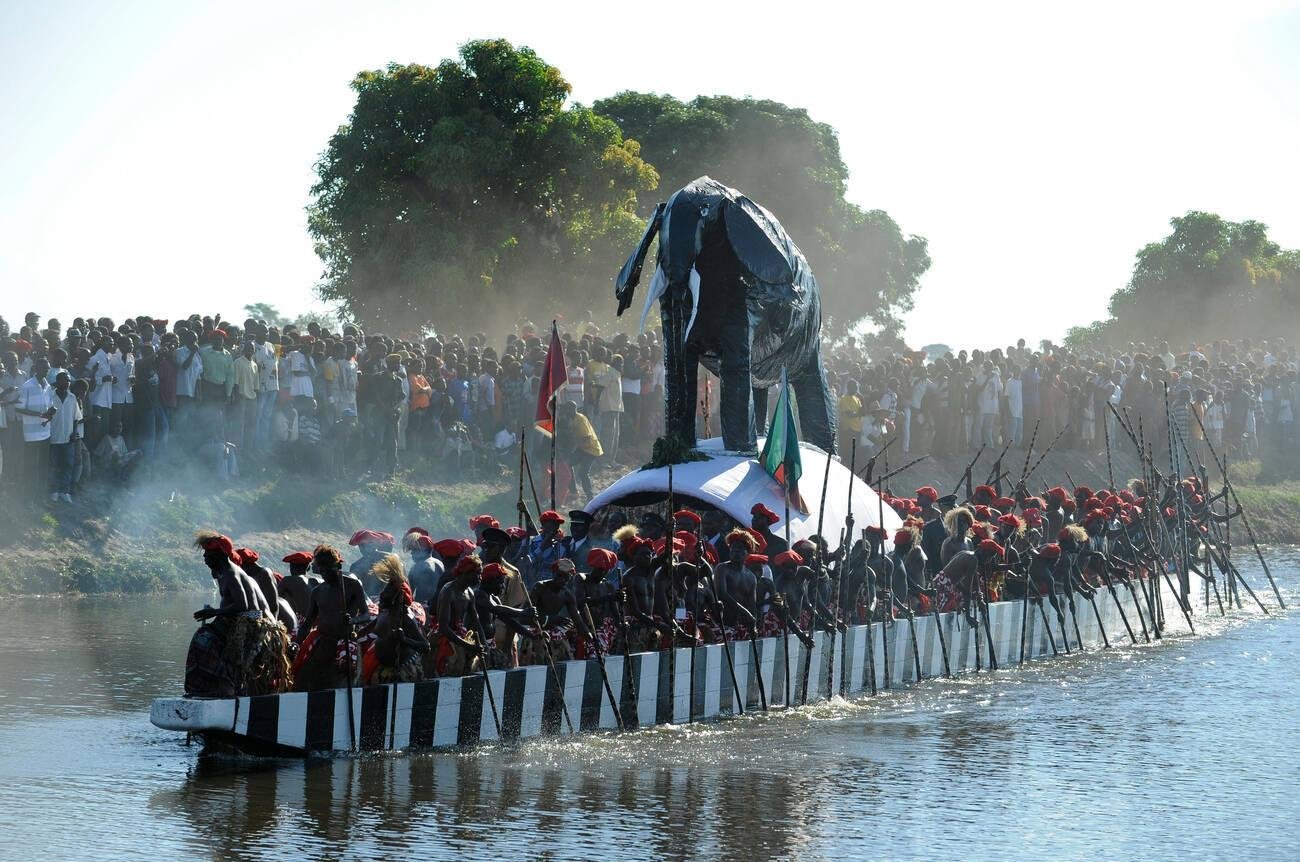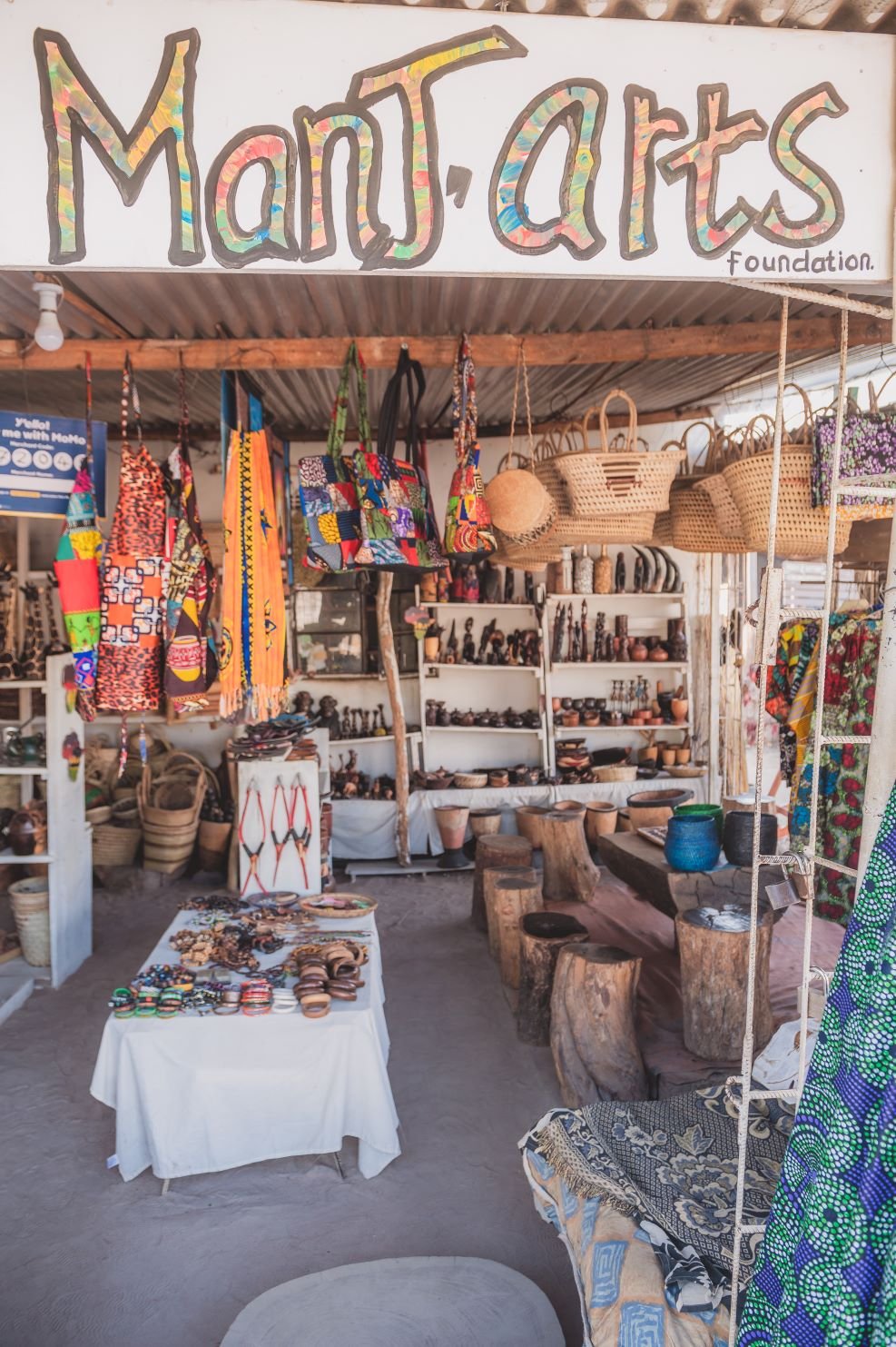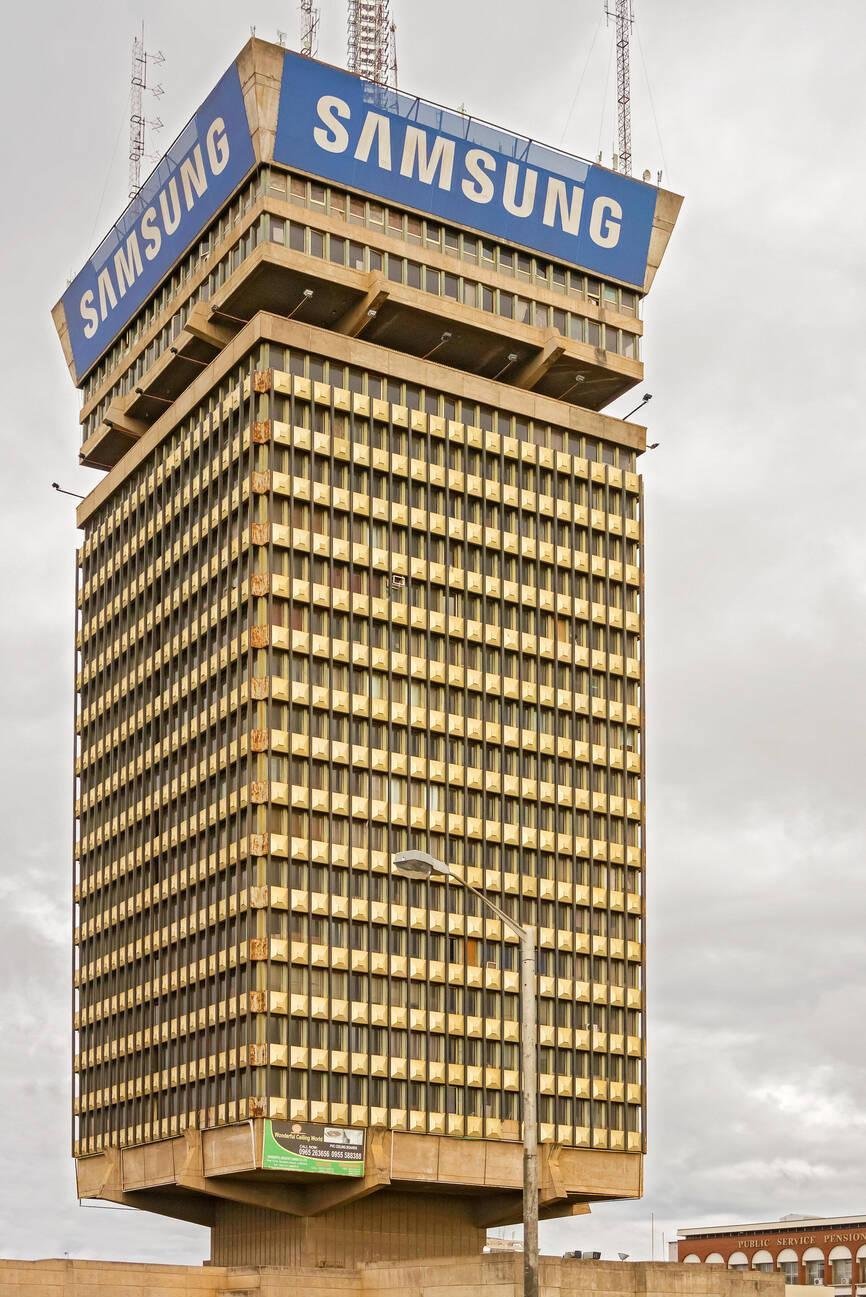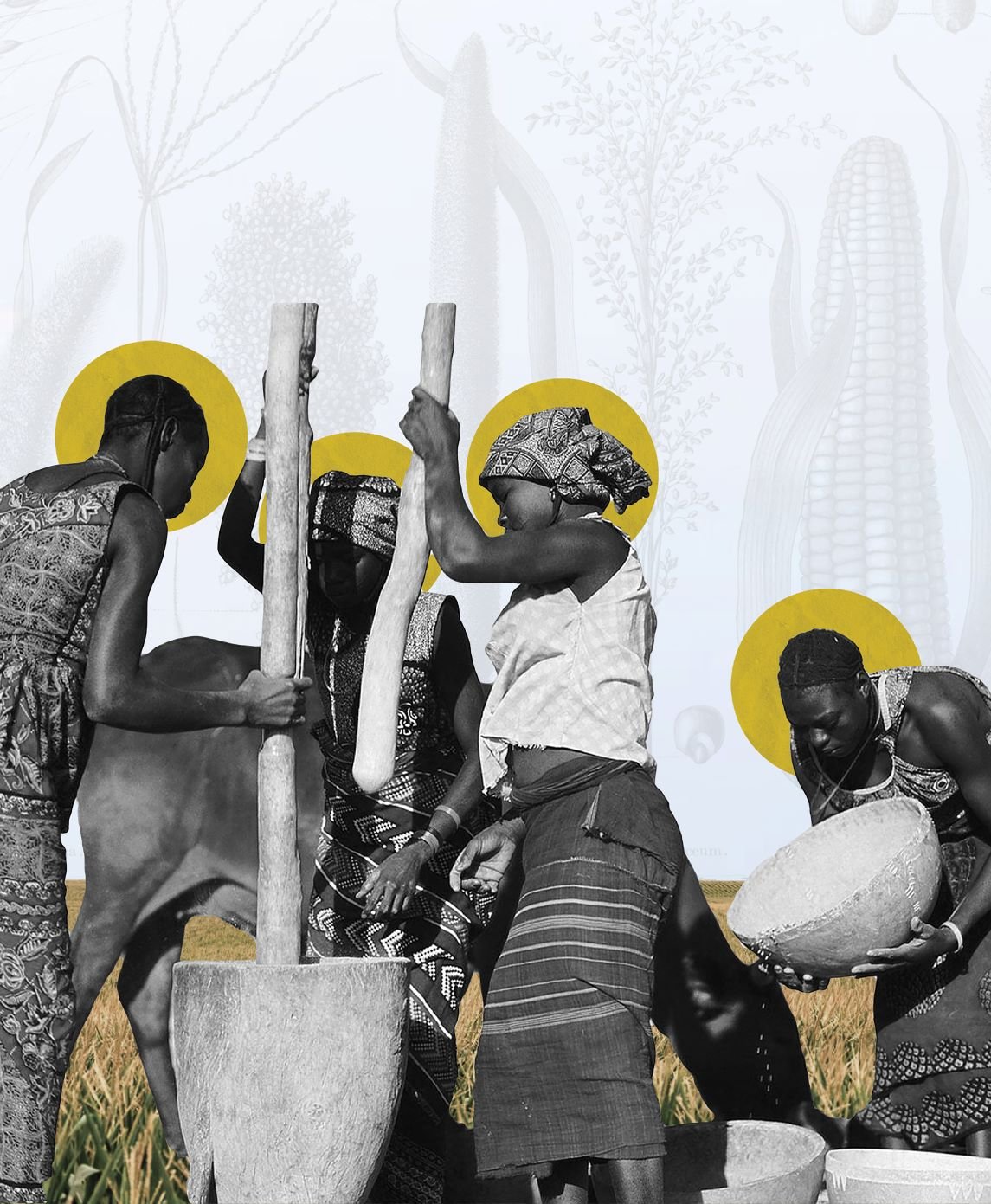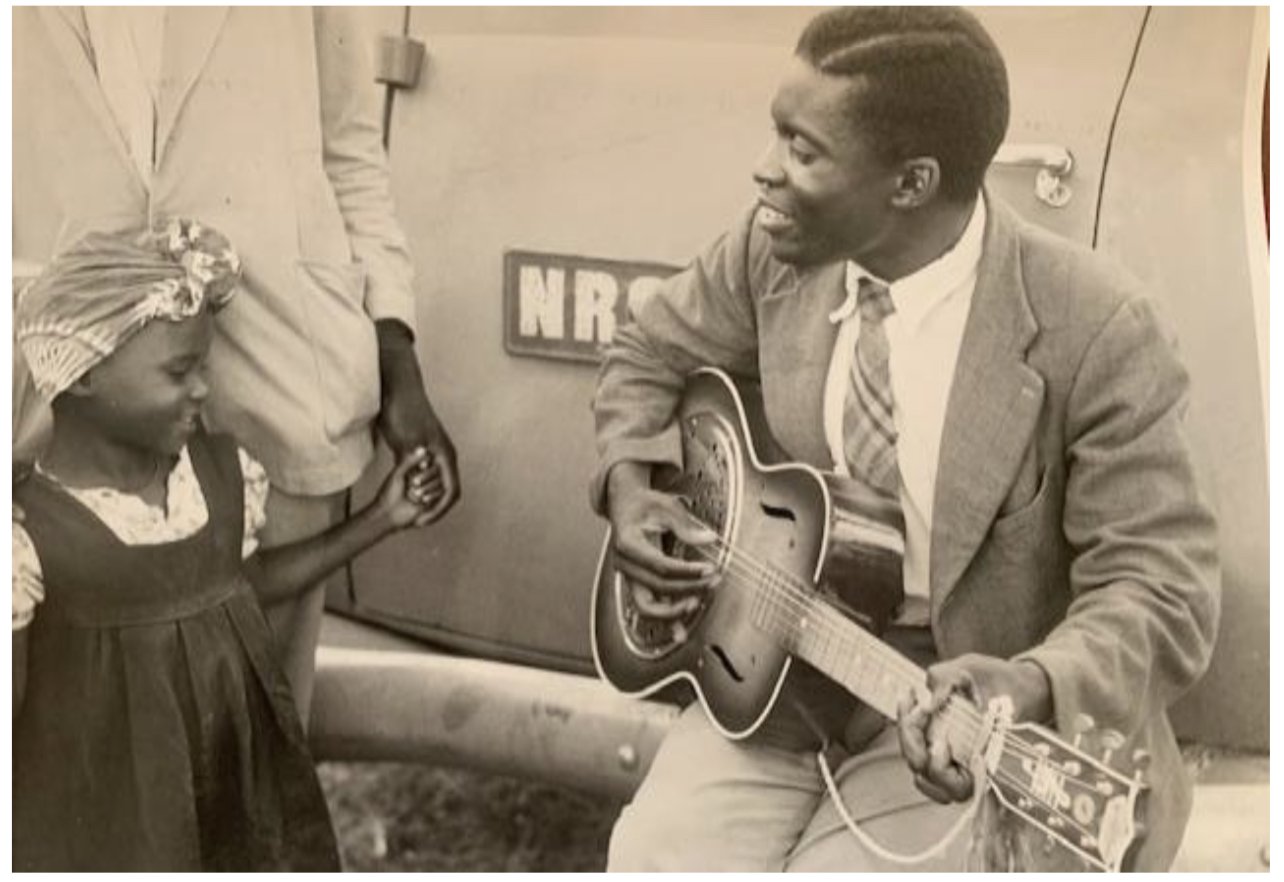{1970}: Several years after Zambia gained independence in 1964, the band WITCH (We Intend To Cause Havoc) emerged with a bang. They were a group of five young, hip looking men who wore their bell-bottomed trousers with style. And as their name suggests, they intended to cause havoc. They shook up the 1970s music scene.
{2018}: All the band members, except Emmanuel “Jagari” Chanda, have passed away. Despite the loss of these musical stars, the band continues to be celebrated. We had the honour of getting up close with the last standing member of WITCH (also referred to as The WITCH) and he reflected on his life and musical career.
Jagari Chanda was born over six decades ago in Kasama and spent his formative years in Kitwe. He pinpoints the fourth grade as the period when his love for music developed. This love was nurtured through music-themed school events and further still when Jagari started jamming with local Kitwe bands like Boyfriends and The Black Souls.
The king of Zamrock explains, “I had a love of music from a young age but I didn’t anticipate playing in a band as a career. Many career recruitment agents came to our school (Chamboli Secondary School), but my friends persuaded me to pursue music because they were impressed by my singing and antics displayed during musical functions in and outside school.”

Jagari wasn’t conscious of his talents until a friend called ‘Groovy Joe’ (George Kunda) convinced him of his gift. Groovy Joe eventually recruited Jagari into Kingstone Market. The band later became WITCH.
WITCH was born out of four different bands; Kingstone Market was the forerunner band managed by Christopher Kalumba. Chris Mbewe was the lead guitarist after he left The Twangs; he was assisted by John Muma who was also a vocalist. The band’s bass player was Gideon Mwamulenge, who left Boyfriends with John Muma. Boyd Sinkala left The Black Souls to take over Groovy Joe’s role after the latter “jumped off the bandwagon.” The final member to join WITCH was Paul Mumba – the keyboard player. Jagari was the frontman, vocalist and composer in WITCH.
The Zamrock genre is influenced by rock & roll, funk and pop music of the West and played with a Zambian touch. In fact, Jagari is a play on Jagger, as in Mick Jagger the legendary British rock musician. Fans and friends alike bestowed this name on Emmanuel Chanda because his stage presence was reminiscent of Jagger’s. He became attached to the name and officially changed his name to reflect this; Jagari is no longer just a stage name. Zamrock fuses Zambian and African rhythms and beats, which are played on Western musical instruments. Zamrock has lyrics in both indigenous Zambian languages and English. It started with emulating Western bands, but eventually local groups started to find their own unique sound.

Jagari says WITCH really caused musical ‘havoc’ from 1971 until the early 1980s. They were the first Zamrock band to record a commercial album, Introduction, in Zambia and they produced more commercial recordings than any other Zamrock band. WITCH recorded a total of 53 pieces of music, five albums and three 45” singles. These albums were: Introduction, In The Past, Lazy Bones, Lukombo Vibes and WITCH (this spawned the hit single ‘Janet’).
The bands popularity was undeniable and their impact was felt in Zambia and beyond. “We pulled crowds wherever we played. Some bands cancelled their shows, which coincided with ours for fear of a flop show on their part. We toured a lot within Zambia and neighbouring countries like Malawi, Zimbabwe, Botswana, Swaziland and Tanzania.”
When asked how the band managed to produce quality music, the king of Zamrock revealed the band rehearsed for about eight hours most days of the week. Girlfriends were banned from rehearsals to avoid split concentration and personal frictions. “Because of our dedication, we won many competitions at festivals and print media polls annually.”
Political tensions (the apartheid government’s bombing of Zambia in retaliation for support it offered to the struggle movements in South Africa, for instance) and economic decline partly contributed to the end of the Zamrock era. As did financial constraints on Zamrock musicians.

Jagari looks back fondly on his former bandmates and wishes they were still around to enjoy the renewed interest in Zamrock around the world and tour with him. “The band would have had a chance to tour Europe and America and to prove ourselves as real (Zam)rockers. I have toured in the USA, France, Germany, Belgium, Netherlands and the UK,” he adds. The touring is set to continue as Jagari has a 5-country tour set for two weeks after our shoot at his home.
We asked Jagari if he had plans to release new music. With zeal, he responded, “Yes! Once a musician, always a musician. You will hear something new from me, sooner rather than later.”
